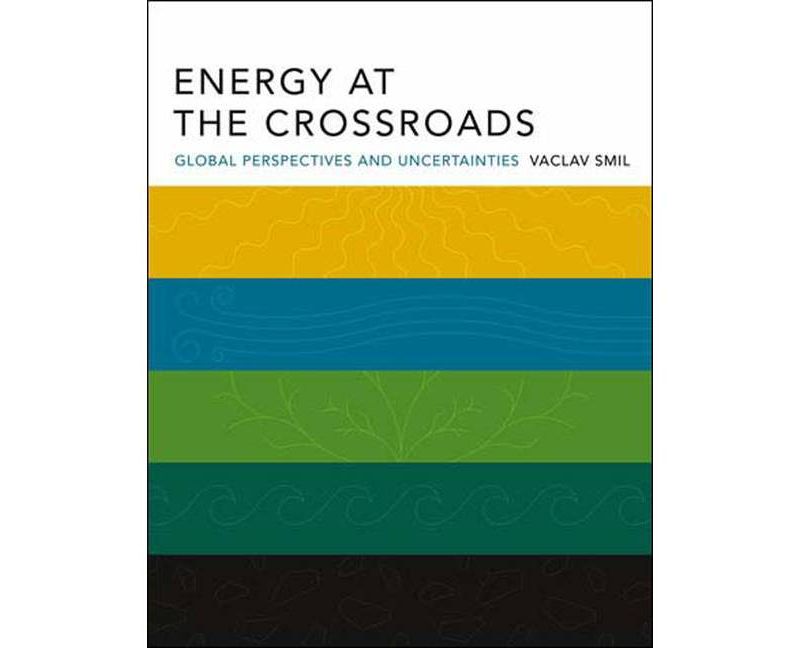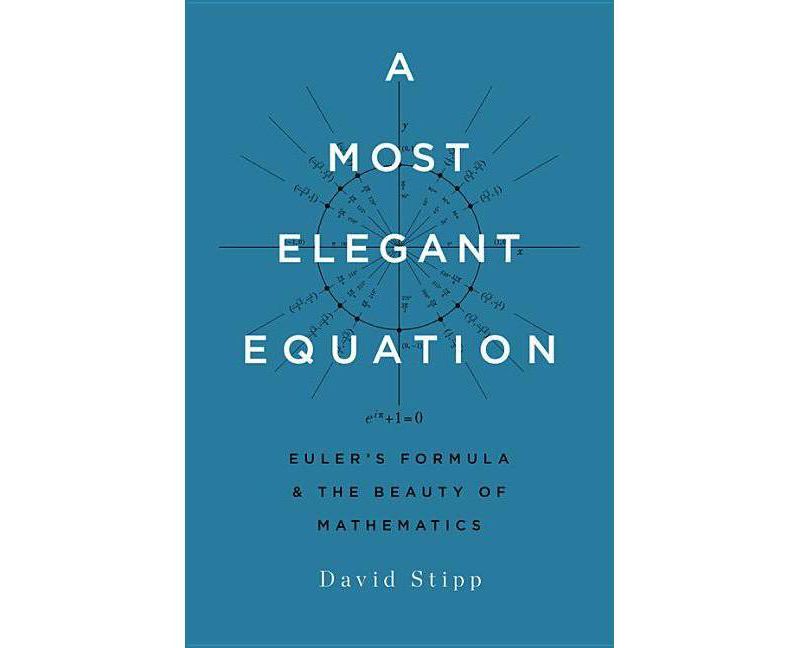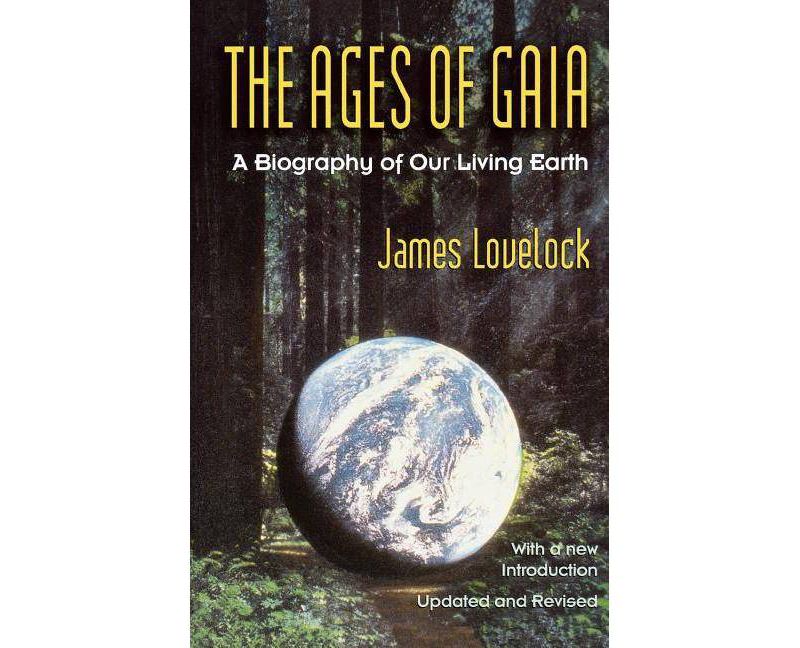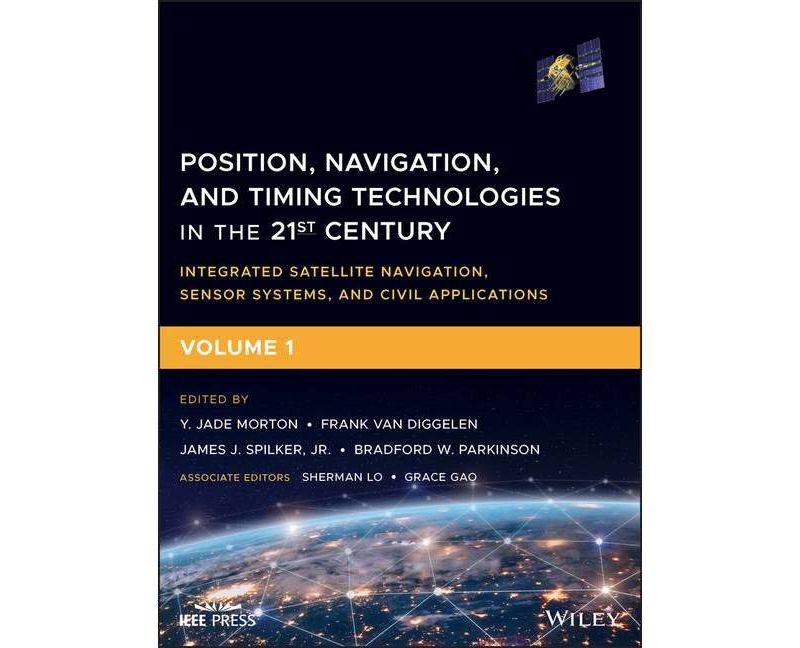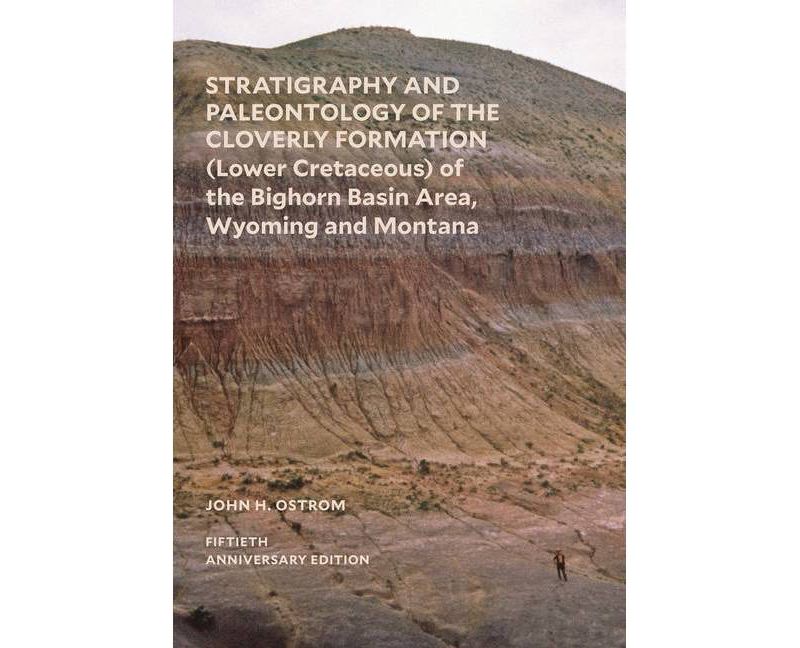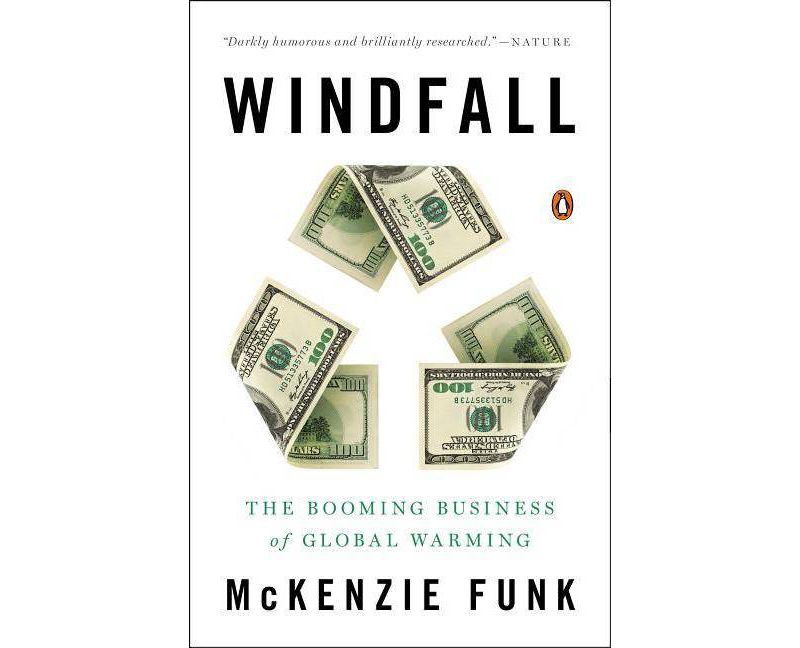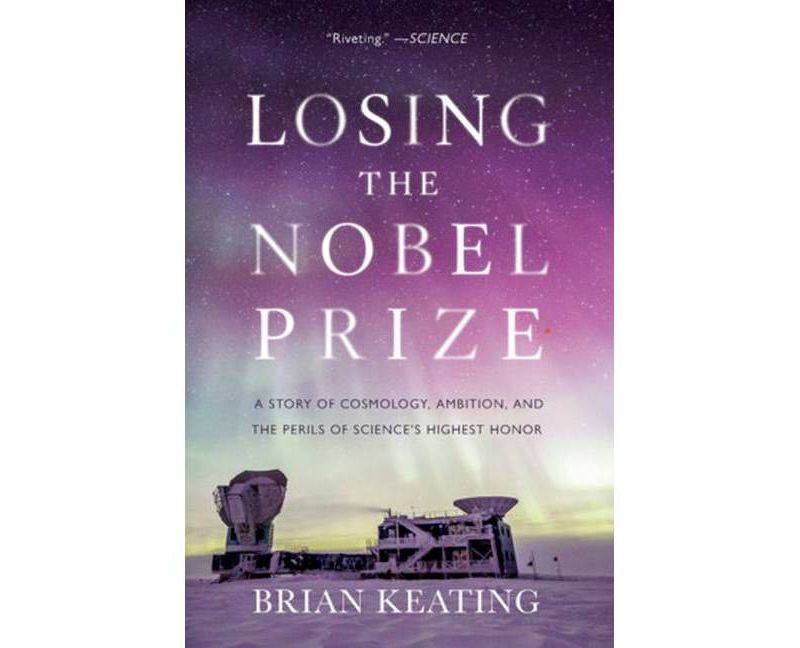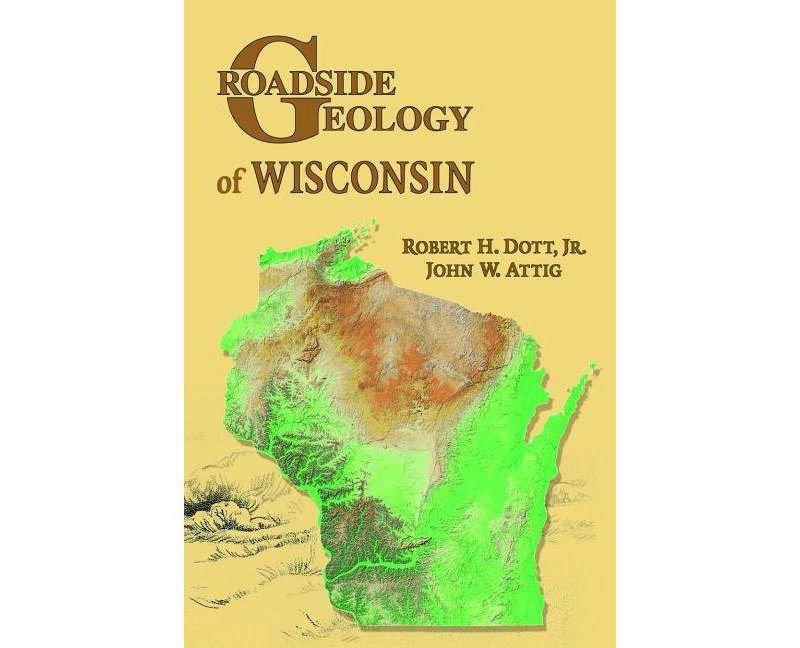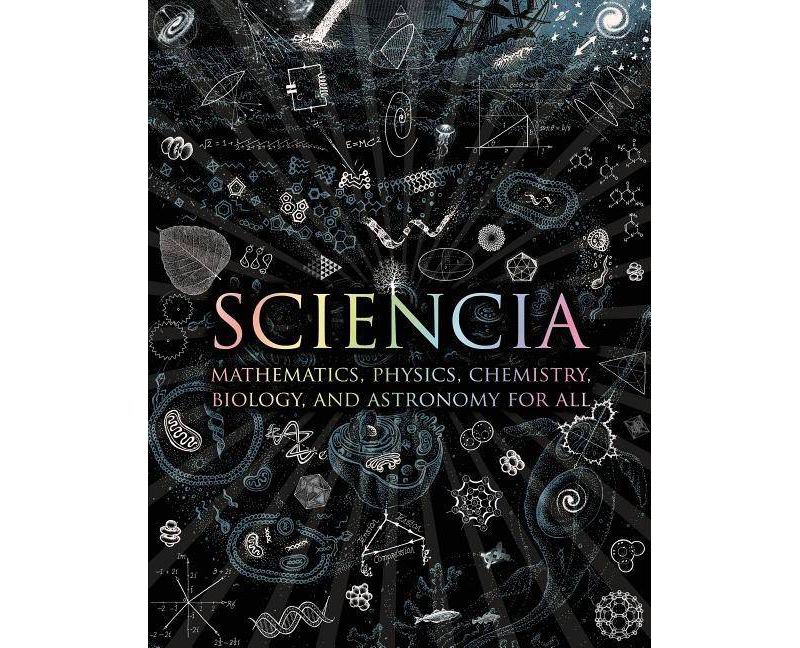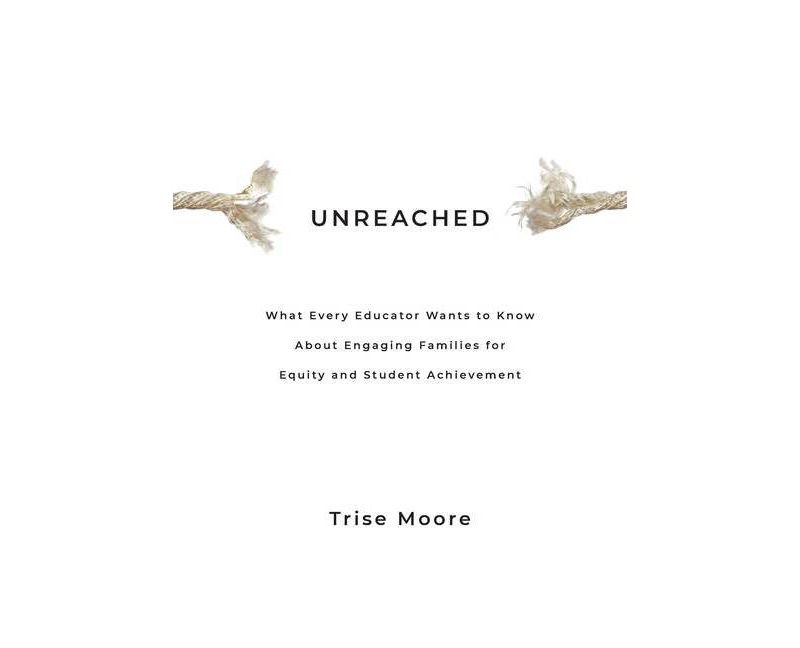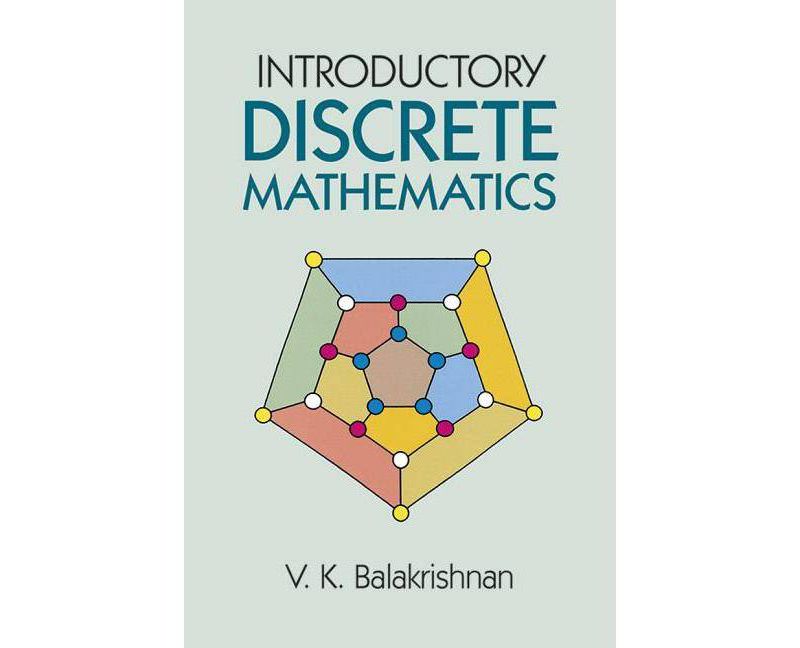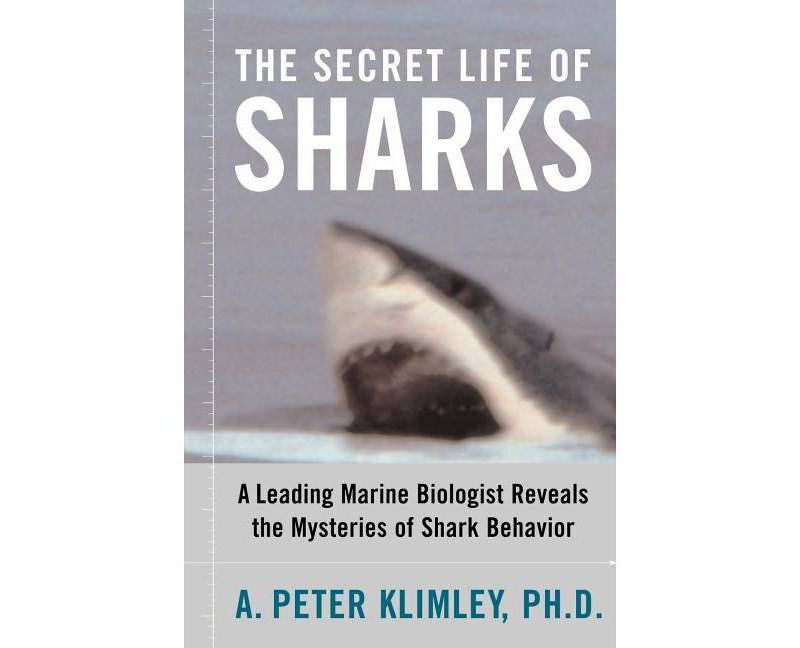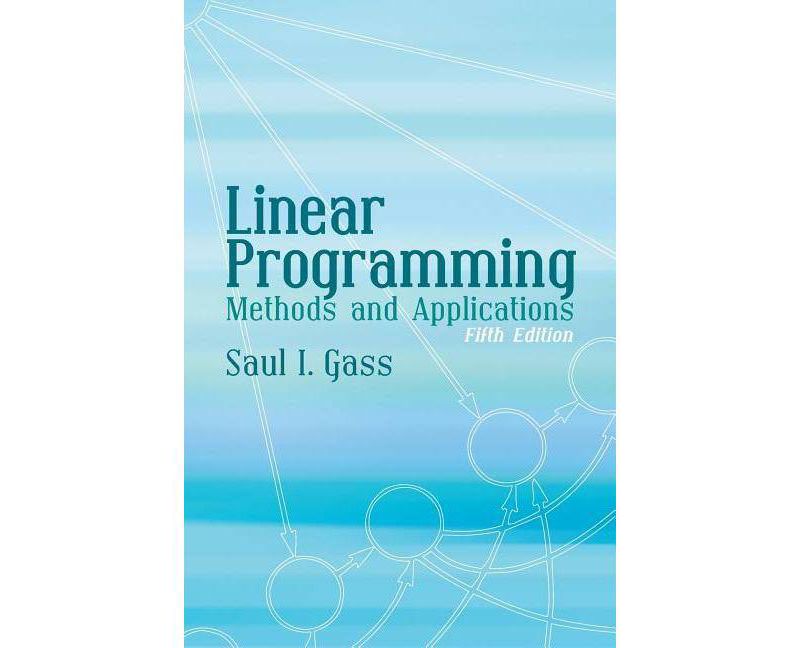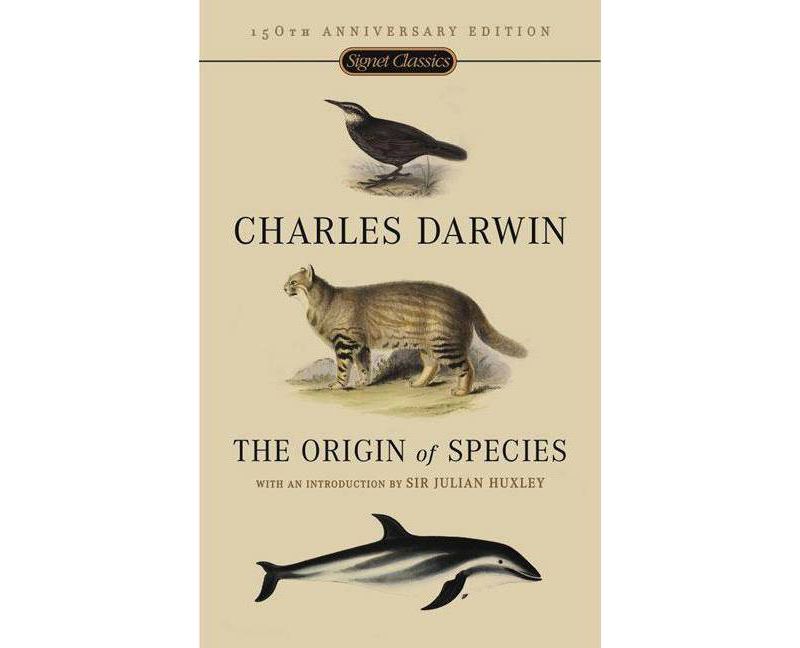Trusted shipping
Easy returns
Secure shopping
Buy A Fortunate Universe - by Geraint F Lewis & Luke A Barnes (Hardcover) in United States - Cartnear.com
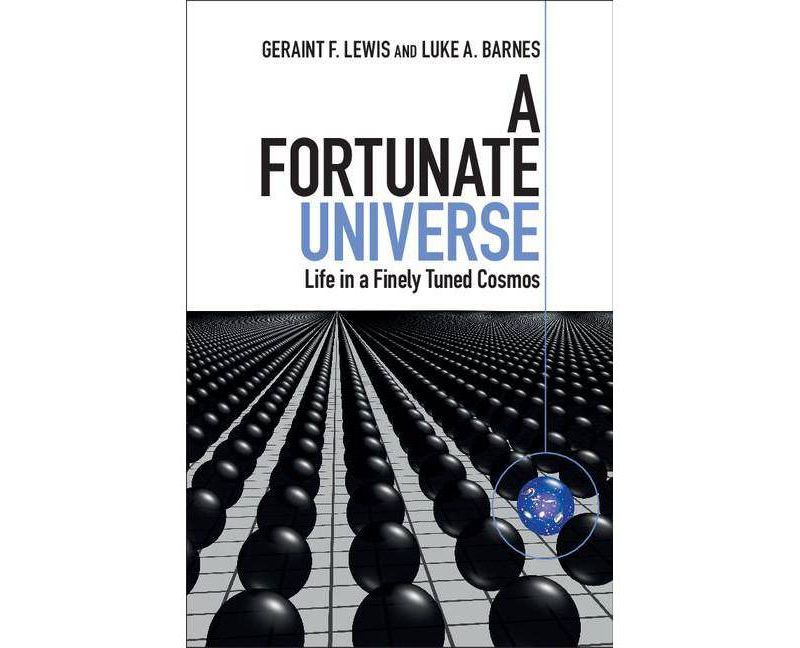
A Fortunate Universe - by Geraint F Lewis & Luke A Barnes (Hardcover)
CTNR971312 09781107156616 CTNR971312Cody Foster
2027-02-07
/itm/a-fortunate-universe-by-geraint-f-lewis-luke-a-barnes-hardcover-971312
USD
28.3
$ 28.30 $ 28.59 1% Off
Item Added to Cart
customer
*Product availability is subject to suppliers inventory
SHIPPING ALL OVER UNITED STATES
100% MONEY BACK GUARANTEE
EASY 30 DAYSRETURNS & REFUNDS
24/7 CUSTOMER SUPPORT
TRUSTED AND SAFE WEBSITE
100% SECURE CHECKOUT
Number of Pages: 388
Genre: Science
Sub-Genre: Physics
Format: Hardcover
Publisher: Cambridge University Press
Age Range: Adult
Book theme: General
Author: Geraint F Lewis & Luke A Barnes
Language: English
'Geraint Lewis and Luke Barnes's lucid, fast-paced, and funny new book might best be summed up in their own words: 'Our conclusion is that the fundamental properties of the Universe appear to be fine-tuned for life'. As the authors carefully explain in A Fortunate Universe: Life in a Finely Tuned Cosmos, it doesn't matter whether other kinds of life are out there. It's enough that there is life here on Earth to raise the question of why the universe is the way it is, seemingly fine-tuned to allow for life. After all, in the vast parameter space of hypothetical universes, life is a tight fit. Change the fundamental constants, or the basic laws of physics, or the low-entropy, free-energy-rich initial state of the universe, and the story on Earth would have been radically different. Life has very little wiggle room.' Marcelo Gleiser, Physics Today
'In this book, the authors deal with nothing less than the question of how it is possible that we exist. In an introductory and a closing chapter, the first of which introduces the subject in a simple dialogue, and the latter, in turn, completes the dialogue in the same colloquial manner, the authors draw a detailed picture of our universe and, in particular, how peculiar our existence is. ... Reading this book is a great pleasure, not only intellectual, but also entertaining. ... They describe what is and what could be. They give their audience well-founded, solid scientific arguments, chat with them, and then leave their own thoughts. A highly readable, enriching, and knowledgeable book.' Matthias Bartelmann, translated from Sterne und Weltraum
'The tone is lively, and these authors are witty; their banter is appealing; and the indulgences are infrequent and always welcome. ... Both authors of A Fortunate Universe are physicists and cosmologists, so they are in a position to avoid the scientific inaccuracies that weaken other attempts to explore the philosophical consequences of cosmic fine-tuning. On the other hand, it is rare to find physicists capable of avoiding even elementary errors in discussing the metaphysical implications of their work. But I can find at least no obvious misunderstandings in Lewis and Barnes's discussions of Aristotle or Boethius or Aquinas. Equally refreshing, they seem to have enough humility to recognize that philosophical investigations, like scientific investigations, do require a serious investment of time and study. ... We may be approaching a new era in the relation between science and philosophy. Stranger things have happened in human history.' Tucker Landy, Interpretation
'What makes this part of the book different from many other works on fine-tuning is the degree to which Lewis and Barnes explain the physics of fine-tuning ... they explain how the proton mass is a function of the quark masses, and these in turn of the Higgs field, and this in turn, perhaps, of supersymmetry. The reader's understanding of fine-tuning is deepened, and [they] ... [come] to see that at every level fine-tuning appears. ... [T]he authors discuss the philosophical issues that surround fine-tuning. The handling of these issues displays Luke Barnes's philosophical sophistication. Barnes is thoroughly familiar with the work of analytic philosophers on these issues and has interesting contributions to make to the discussion. ... I highly recommend it for students of fine-tuning.' William Lane Craig, Philosophia Christi
'... charming, intelligent and exceedingly well-written ... a gentle stroll through the details of the Standard Model of particle physics, as well as the Standard Model of cosmology, but [the authors] lead us with such a light hand, a streak of humour and a lack of pedantry that the information is easily absorbed ... Lewis and Barnes show us how small changes lead to a variety of disasters. ('Ruining a universe is easy' Mr. Barnes quips) ... Is [our universe] a happy coincidence, as the authors ask each other in an amusing mock debate modeled on one Galileo wrote 400 years earlier, or is there some deeper reason? Where does science go from here? Does what has been popularly called a theory of everything exist? Is there a multiverse? Must we be satisfied with an anthropic principle? The authors discuss these questions and more in a final dialogue.' Gino Segrè, The Wall Street Journal
'A Fortunate Universe: Life in a Finely Tuned Cosmos by Geraint Lewis and Luke Barnes, is a nice up to date book for the general (educated) public on modern physics and cosmology. If covers modern cosmology and some of the Big Questions of our times, in particular the issue of anthropomorphism how 'fine tuned' our Universe is.' Steinn Sigurðsson, ScienceBlogs (www.scienceblogs.com)
'It is the vivid, direct tone and writing style of a friendly physics lecture that perhaps most sets this text apart among popular-level science books about 'big questions' ... [The book] provides a big picture of the physics of fine-tuning, mostly accessible in lay terms, and gives aspiring philosophers of physics a taste of the tone and intellectual style one can find at cosmology conferences. Beyond that, it does so by showing the readers that a response from philosophers might be welcome. Because the authors make clear how their thinking is informed by works in metaphysics, philosophy of physics, epistemology, and the philosophy of religion, they tell the readers how they think philosophy does or could contribute, and where they think they do not know enough to see how it might.' Yann Benétreau-Dupin, Notre Dame Philosophical Reviews
'A Fortunate Universe is basically a book of physics, written by two scientists who are fascinated by the question 'Why are we here?' The language is straightforward, the style is easy, often witty, with short digestible paragraphs, and yet the subject-matter is inevitably dense and demanding ... It is pleasing to come across the line 'we do not know' so regularly in this book about the fundamentals of science, which echoes the book of Job ... When science reaches its limits, we have to consider a different kind of explanation for why the laws of nature are as they are, and why they are so finely tuned for the emergence of intelligent life. ... [The authors] wonder if classical arguments for the existence of God have anything to say about the fine-tuning of the universe, speculating whether God is a necessary being and whether our sense of truth and morality hint at God's inevitable existence.' Adam Ford, Church Times
'This book is for anyone who has ever wondered: 'Why is it so?' With colourful analogies and admirably accurate simplifications, Geraint and Luke have succeeded in making much of modern physics and cosmology comprehensible ... They address the biggest questions of science. What is dark energy? What is dark matter? Why is there something rather than nothing? Why is there more matter than antimatter? Where did the laws physics come from? Do we live in a multiverse? Do we live in a simulation? How different could the universe have been? If God is omnipotent, why does evil exist? ... Not even the popular scientist and writer Paul Davies tries to address so many important big questions in one book ... I enjoyed the book a lot, but I disagreed with the main thesis. No matter what your religious beliefs are, this book will make you think.' Charley Lineweaver, The Conversation (www.theconversation.com)
'The title claims that the Universe is finely tuned for the existence of life. The authors provide evidence for this, investigate various possible explanations, and rebut the most common criticisms ... the book provides an opportunity to learn more at an accessible level ... The case is well made that the Universe is finely tuned for life; the interesting question is why. It could be coincidence ... Or could the Universe be no other way? ... Was it designed? Did it evolve? Or are there many universes in a Multiverse, and we shouldn't be surprised that we live in one which allows life? ... The arguments are clear; references are provided for those wishing to delve deeper; essentially all points of view are presented ... This is an important topic and the book is a good summary of the field. I enjoyed reading it and recommend it to those interested in the big Question.' Phillip Helbig, The Observatory
'... what is truly unique about this book is that it presents the data at a popular level so that the material is accessible to anyone interested in this topic ... As I read the book, I was awestruck by the finely-tuned constants and conditions that had to be just right to get a universe that would permit life ... This evidence should move each one of us to ask, what is the best explanation of this incredible fine-tuning?' Tim Barnett, Stand to Reason (www.str.org)
"Geraint Lewis and Luke Barnes provide a breathtaking tour of contemporary physics from the subatomic to the cosmological scale. Everywhere they find the Universe to be fine-tuned for complex structure. If the quark masses, or the basic forces, or the cosmological constant had been much different, the Universe would have been a sterile wasteland. It seems that the only reactions are either to embrace a multiverse or a designer. The authors have constructed a powerful case for the specialness of our Universe."
Tim Maudlin, New York University
"Lewis and Barnes' book is the most up-to-date, accurate, and comprehensive explication of the evidence that the Universe is fine-tuned for life. It is also among the two most philosophically sophisticated treatments, all the while being accessible to a non-academic audience. I strongly recommend this book."
Robin Collins, Messiah College, Pennsylvania
"My colleagues, Geraint and Luke, in A Fortunate Universe, take you on a tour of the Cosmos in all of its glory, and all of its mystery. You will see that humanity appears to be part of a remarkable set of circumstances involving a special time around a special planet, which orbits a special star, all within a specially constructed Universe. It is these set of conditions that have allowed humans to ponder our place in space and time. I have no idea why we are here, but I do know the Universe is beautiful. A Fortunate Universe captures the mysterious beauty of the Cosmos in a way that all can share."
Brian Schmidt, Australian National University, Canberra, and Nobel Laureate in Physics (2011), from the Foreword
"The Universe could have been of such a nature that no life at all could exist. The anthropic question asks why the constants of nature that enter various physical laws are such as to permit life to come into being. This engaging book is a well-written and detailed explanation of all the many ways these physical constants affect the possibility of life, considering atomic, nuclear and particle physics, astrophysics and cosmology. It then discusses in an open-minded way the variety of explanations one might give for this strange fine-tuning, possible solutions ranging from pure chance, existence of multiverses, or theistic explanations. The book is the most comprehensive current discussion of this intriguing range of issues. Highly recommended."
George Ellis, University of Cape Town
Genre: Science
Sub-Genre: Physics
Format: Hardcover
Publisher: Cambridge University Press
Age Range: Adult
Book theme: General
Author: Geraint F Lewis & Luke A Barnes
Language: English
About the Book
An engaging defence and critique of the various arguments from both science and religion on the fine-tuning of the Universe.Book Synopsis
Over the last forty years, scientists have uncovered evidence that if the Universe had been forged with even slightly different properties, life as we know it - and life as we can imagine it - would be impossible. Join us on a journey through how we understand the Universe, from its most basic particles and forces, to planets, stars and galaxies, and back through cosmic history to the birth of the cosmos. Conflicting notions about our place in the Universe are defined, defended and critiqued from scientific, philosophical and religious viewpoints. The authors' engaging and witty style addresses what fine-tuning might mean for the future of physics and the search for the ultimate laws of nature. Tackling difficult questions and providing thought-provoking answers, this volumes challenges us to consider our place in the cosmos, regardless of our initial convictions.Review Quotes
'Geraint Lewis and Luke Barnes's lucid, fast-paced, and funny new book might best be summed up in their own words: 'Our conclusion is that the fundamental properties of the Universe appear to be fine-tuned for life'. As the authors carefully explain in A Fortunate Universe: Life in a Finely Tuned Cosmos, it doesn't matter whether other kinds of life are out there. It's enough that there is life here on Earth to raise the question of why the universe is the way it is, seemingly fine-tuned to allow for life. After all, in the vast parameter space of hypothetical universes, life is a tight fit. Change the fundamental constants, or the basic laws of physics, or the low-entropy, free-energy-rich initial state of the universe, and the story on Earth would have been radically different. Life has very little wiggle room.' Marcelo Gleiser, Physics Today
'In this book, the authors deal with nothing less than the question of how it is possible that we exist. In an introductory and a closing chapter, the first of which introduces the subject in a simple dialogue, and the latter, in turn, completes the dialogue in the same colloquial manner, the authors draw a detailed picture of our universe and, in particular, how peculiar our existence is. ... Reading this book is a great pleasure, not only intellectual, but also entertaining. ... They describe what is and what could be. They give their audience well-founded, solid scientific arguments, chat with them, and then leave their own thoughts. A highly readable, enriching, and knowledgeable book.' Matthias Bartelmann, translated from Sterne und Weltraum
'The tone is lively, and these authors are witty; their banter is appealing; and the indulgences are infrequent and always welcome. ... Both authors of A Fortunate Universe are physicists and cosmologists, so they are in a position to avoid the scientific inaccuracies that weaken other attempts to explore the philosophical consequences of cosmic fine-tuning. On the other hand, it is rare to find physicists capable of avoiding even elementary errors in discussing the metaphysical implications of their work. But I can find at least no obvious misunderstandings in Lewis and Barnes's discussions of Aristotle or Boethius or Aquinas. Equally refreshing, they seem to have enough humility to recognize that philosophical investigations, like scientific investigations, do require a serious investment of time and study. ... We may be approaching a new era in the relation between science and philosophy. Stranger things have happened in human history.' Tucker Landy, Interpretation
'What makes this part of the book different from many other works on fine-tuning is the degree to which Lewis and Barnes explain the physics of fine-tuning ... they explain how the proton mass is a function of the quark masses, and these in turn of the Higgs field, and this in turn, perhaps, of supersymmetry. The reader's understanding of fine-tuning is deepened, and [they] ... [come] to see that at every level fine-tuning appears. ... [T]he authors discuss the philosophical issues that surround fine-tuning. The handling of these issues displays Luke Barnes's philosophical sophistication. Barnes is thoroughly familiar with the work of analytic philosophers on these issues and has interesting contributions to make to the discussion. ... I highly recommend it for students of fine-tuning.' William Lane Craig, Philosophia Christi
'... charming, intelligent and exceedingly well-written ... a gentle stroll through the details of the Standard Model of particle physics, as well as the Standard Model of cosmology, but [the authors] lead us with such a light hand, a streak of humour and a lack of pedantry that the information is easily absorbed ... Lewis and Barnes show us how small changes lead to a variety of disasters. ('Ruining a universe is easy' Mr. Barnes quips) ... Is [our universe] a happy coincidence, as the authors ask each other in an amusing mock debate modeled on one Galileo wrote 400 years earlier, or is there some deeper reason? Where does science go from here? Does what has been popularly called a theory of everything exist? Is there a multiverse? Must we be satisfied with an anthropic principle? The authors discuss these questions and more in a final dialogue.' Gino Segrè, The Wall Street Journal
'A Fortunate Universe: Life in a Finely Tuned Cosmos by Geraint Lewis and Luke Barnes, is a nice up to date book for the general (educated) public on modern physics and cosmology. If covers modern cosmology and some of the Big Questions of our times, in particular the issue of anthropomorphism how 'fine tuned' our Universe is.' Steinn Sigurðsson, ScienceBlogs (www.scienceblogs.com)
'It is the vivid, direct tone and writing style of a friendly physics lecture that perhaps most sets this text apart among popular-level science books about 'big questions' ... [The book] provides a big picture of the physics of fine-tuning, mostly accessible in lay terms, and gives aspiring philosophers of physics a taste of the tone and intellectual style one can find at cosmology conferences. Beyond that, it does so by showing the readers that a response from philosophers might be welcome. Because the authors make clear how their thinking is informed by works in metaphysics, philosophy of physics, epistemology, and the philosophy of religion, they tell the readers how they think philosophy does or could contribute, and where they think they do not know enough to see how it might.' Yann Benétreau-Dupin, Notre Dame Philosophical Reviews
'A Fortunate Universe is basically a book of physics, written by two scientists who are fascinated by the question 'Why are we here?' The language is straightforward, the style is easy, often witty, with short digestible paragraphs, and yet the subject-matter is inevitably dense and demanding ... It is pleasing to come across the line 'we do not know' so regularly in this book about the fundamentals of science, which echoes the book of Job ... When science reaches its limits, we have to consider a different kind of explanation for why the laws of nature are as they are, and why they are so finely tuned for the emergence of intelligent life. ... [The authors] wonder if classical arguments for the existence of God have anything to say about the fine-tuning of the universe, speculating whether God is a necessary being and whether our sense of truth and morality hint at God's inevitable existence.' Adam Ford, Church Times
'This book is for anyone who has ever wondered: 'Why is it so?' With colourful analogies and admirably accurate simplifications, Geraint and Luke have succeeded in making much of modern physics and cosmology comprehensible ... They address the biggest questions of science. What is dark energy? What is dark matter? Why is there something rather than nothing? Why is there more matter than antimatter? Where did the laws physics come from? Do we live in a multiverse? Do we live in a simulation? How different could the universe have been? If God is omnipotent, why does evil exist? ... Not even the popular scientist and writer Paul Davies tries to address so many important big questions in one book ... I enjoyed the book a lot, but I disagreed with the main thesis. No matter what your religious beliefs are, this book will make you think.' Charley Lineweaver, The Conversation (www.theconversation.com)
'The title claims that the Universe is finely tuned for the existence of life. The authors provide evidence for this, investigate various possible explanations, and rebut the most common criticisms ... the book provides an opportunity to learn more at an accessible level ... The case is well made that the Universe is finely tuned for life; the interesting question is why. It could be coincidence ... Or could the Universe be no other way? ... Was it designed? Did it evolve? Or are there many universes in a Multiverse, and we shouldn't be surprised that we live in one which allows life? ... The arguments are clear; references are provided for those wishing to delve deeper; essentially all points of view are presented ... This is an important topic and the book is a good summary of the field. I enjoyed reading it and recommend it to those interested in the big Question.' Phillip Helbig, The Observatory
'... what is truly unique about this book is that it presents the data at a popular level so that the material is accessible to anyone interested in this topic ... As I read the book, I was awestruck by the finely-tuned constants and conditions that had to be just right to get a universe that would permit life ... This evidence should move each one of us to ask, what is the best explanation of this incredible fine-tuning?' Tim Barnett, Stand to Reason (www.str.org)
"Geraint Lewis and Luke Barnes provide a breathtaking tour of contemporary physics from the subatomic to the cosmological scale. Everywhere they find the Universe to be fine-tuned for complex structure. If the quark masses, or the basic forces, or the cosmological constant had been much different, the Universe would have been a sterile wasteland. It seems that the only reactions are either to embrace a multiverse or a designer. The authors have constructed a powerful case for the specialness of our Universe."
Tim Maudlin, New York University
"Lewis and Barnes' book is the most up-to-date, accurate, and comprehensive explication of the evidence that the Universe is fine-tuned for life. It is also among the two most philosophically sophisticated treatments, all the while being accessible to a non-academic audience. I strongly recommend this book."
Robin Collins, Messiah College, Pennsylvania
"My colleagues, Geraint and Luke, in A Fortunate Universe, take you on a tour of the Cosmos in all of its glory, and all of its mystery. You will see that humanity appears to be part of a remarkable set of circumstances involving a special time around a special planet, which orbits a special star, all within a specially constructed Universe. It is these set of conditions that have allowed humans to ponder our place in space and time. I have no idea why we are here, but I do know the Universe is beautiful. A Fortunate Universe captures the mysterious beauty of the Cosmos in a way that all can share."
Brian Schmidt, Australian National University, Canberra, and Nobel Laureate in Physics (2011), from the Foreword
"The Universe could have been of such a nature that no life at all could exist. The anthropic question asks why the constants of nature that enter various physical laws are such as to permit life to come into being. This engaging book is a well-written and detailed explanation of all the many ways these physical constants affect the possibility of life, considering atomic, nuclear and particle physics, astrophysics and cosmology. It then discusses in an open-minded way the variety of explanations one might give for this strange fine-tuning, possible solutions ranging from pure chance, existence of multiverses, or theistic explanations. The book is the most comprehensive current discussion of this intriguing range of issues. Highly recommended."
George Ellis, University of Cape Town


